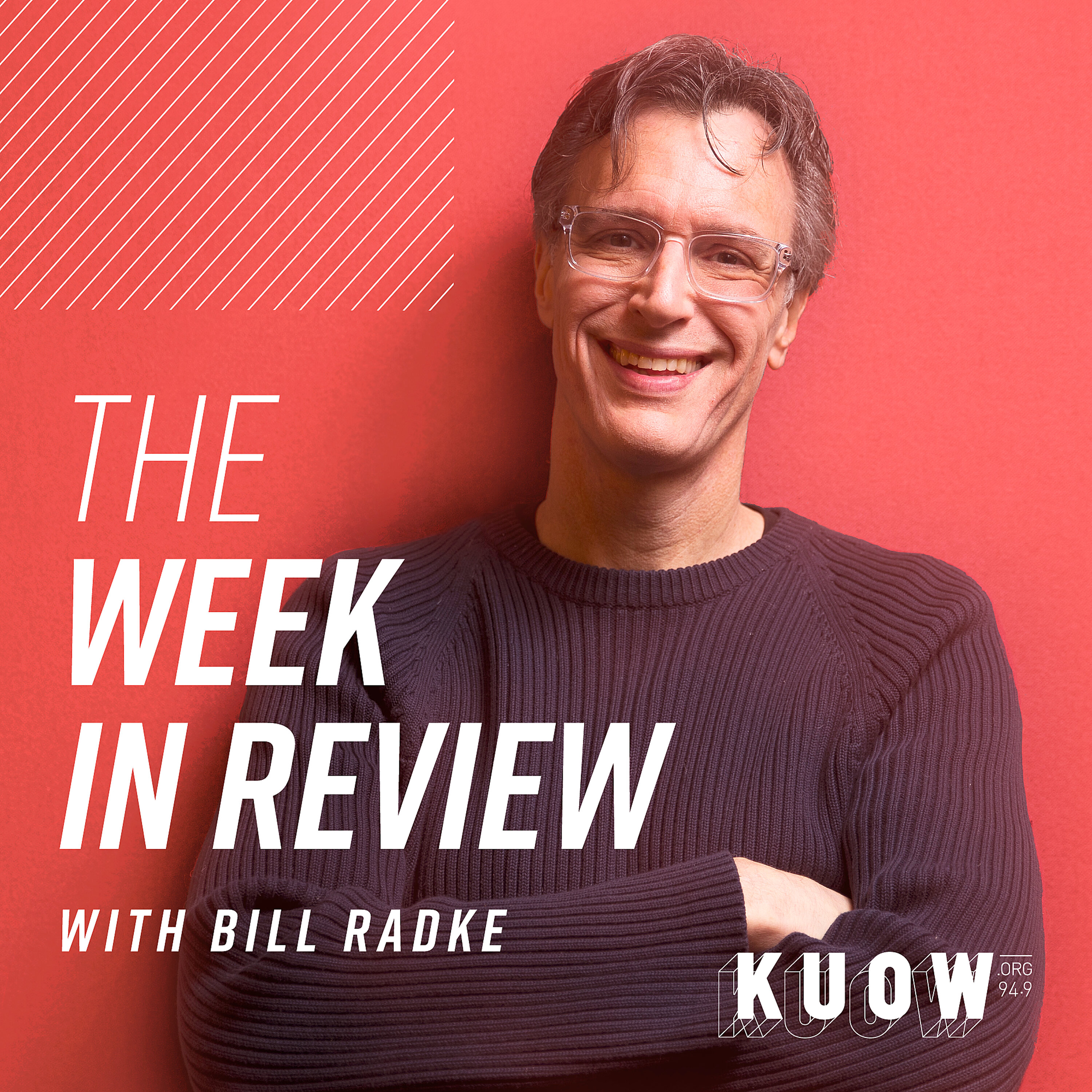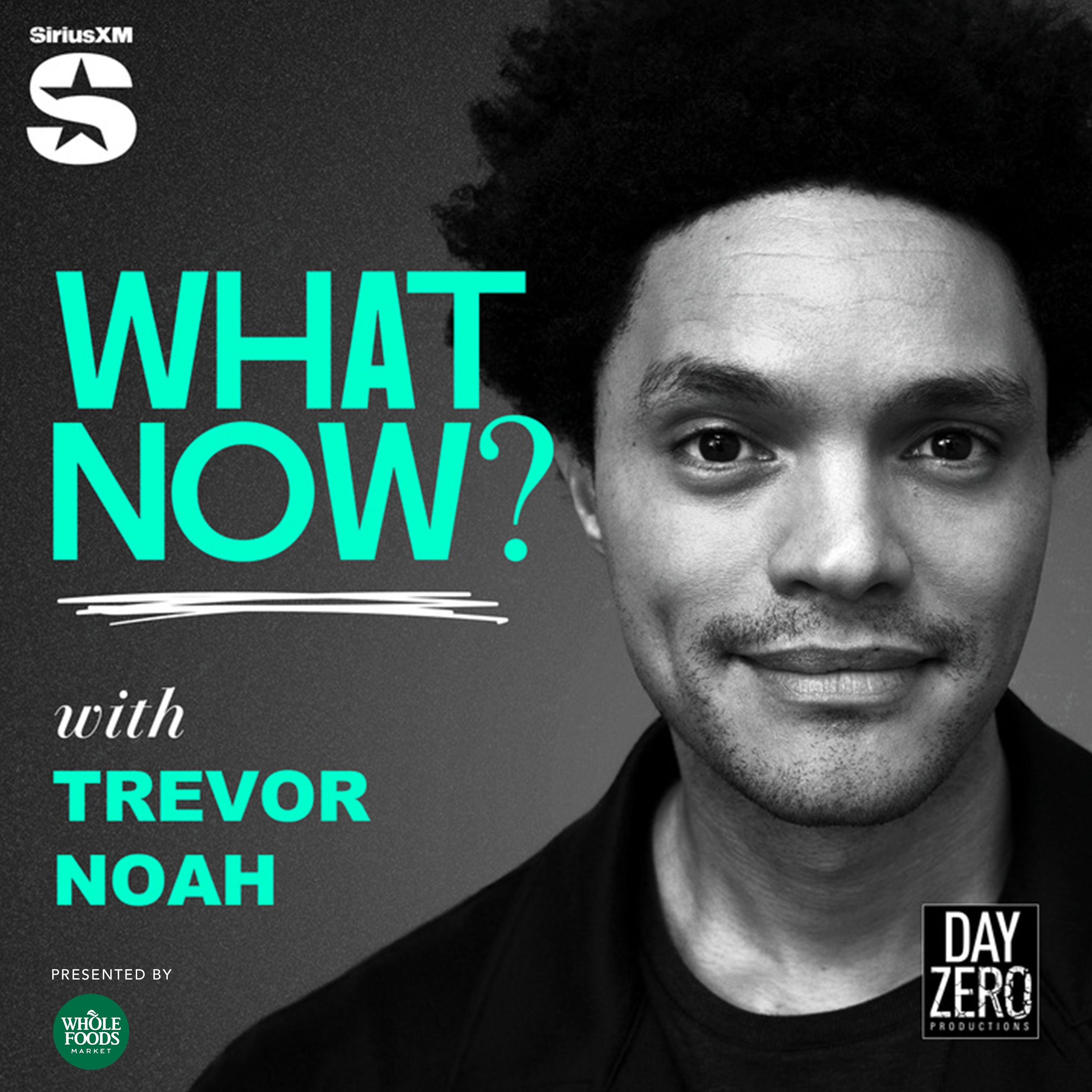
Getting Your Edge: How to Downsize Your Home.
Life Happens to Everyone! These events can force changes in how and where you live. How you react and manage those events is what matters.
Join Judy Gratton and Dennis Day, two agents with over 30 years combined experience in real estate, as they provide you insights into managing the twists and turns life throws at you, so you can land on your feet and in the right place.
Whether you need to downsize from your forever home, upsize to handle a growing family, or moving an aging parent into a safer setting, the “Downsize" Podcast will share the information you need to be ready.
Using their personal experiences and interviews with experts in a variety of fields, like: financial planning, estate sales, or living abroad, our hosts will dish out the information and advice that will help you take on life’s challenges informed and prepared. For more information about the Edge Group Real Estate Team:
www.EdgeGroupTeam.com
Getting Your Edge: How to Downsize Your Home.
7 Surprising Reasons Downsizing Makes Life Better!
We explore seven hidden benefits of downsizing beyond the obvious advantages of saving money, having less yard work, and eliminating clutter. These secret benefits can significantly improve your quality of life and provide additional motivation for making the transition to a smaller home.
• Reduced decision fatigue: Fewer home maintenance decisions means more mental energy for things that matter
• Improved mental clarity: Less chaotic environments reduce low-grade stress and create calmer living spaces
• Better financial discipline: Limited space prevents impulse purchases and promotes mindful spending habits
• Reduced theft risk: Smaller homes in secure communities make you less of a target for theft
• Increased safety: Fewer fall hazards like stairs, transitions, and high cabinets reduce injury risks for older adults
• More opportunities for generosity: Downsizing provides a chance to donate possessions to meaningful causes
• Freedom to choose your ideal community: Select a neighborhood that fits your current lifestyle, not your past needs
Visit our website at www.edgegroupteam.com for our free five-day downsizing class delivered to your email. If you've gone through the downsizing process and would like to share your firsthand experience as a podcast guest, please contact us at info@edgegroupteam.com.
Welcome back. This is Getting your Edge how to Downsize your Life. I'm your host, dennis Day, and I'm here with my co-host, judy Gratton. How are you today? I'm good, Dennis, how are you Great, and we have an excellent show for you today. We're going to give you seven hidden benefits of downsizing. Now we've talked about downsizing benefits. You're going to give you seven hidden benefits of downsizing. Now. We've talked about downsizing benefits. You're going to save some money, you're going to have less yard work and you're going to get rid of all that clutter, etc. But these are things that you may not have thought about. They're hidden, there might be secret benefits and, if you do experience downsizing, these things might make your quality of life even better.
Judy Gratton:It might give you more motivation.
Dennis Day:It might. We are the Edge Group team, so we say less house, more home. Discover downsizing with us. Number one reduced decision fatigue. Are you experiencing decision fatigue, judy?
Judy Gratton:that needs to be fixed. I am exhausted at the end of the day with all of the things that go through my brain, and I just cannot handle them all anymore, and so the idea of being able to just not have to think about those anymore would be worth so much to me.
Dennis Day:You're reducing the amount of decision making you have to make With the big house. You're constantly doing can I afford to do this? Do I have time to do this? I haven't done this for so long. I really need to do this, but I have to do this. It just is endless and you're constantly making compromises.
Judy Gratton:It's like how did that happen and I'll say that to my husband how did that happen? I don't know. How did that gouge in the wall happen? So now it has to be patched and then painted, otherwise you end up with a big mess. So maintenance at some point will have to be addressed.
Dennis Day:So you'll be making fewer decisions will save your mental energy and you'll have more time. Number two improved mental clarity. This is really related. Improved mental clarity Wouldn't that be lovely? It would be. Having fewer things, fewer decisions to make, big life changing decisions made, you're going to feel a lot more mental clarity, you're at where you're supposed to be and you don't have to worry about all those decisions in the past. Plus, you've got a decluttered space.
Judy Gratton:Clean, hopefully calming.
Dennis Day:Having a chaotic environment adds to a low-grade stress, and it's really not good or healthy. When your space is clean and decluttered, you have room to breathe and you don't feel compelled to do a million different things to keep up this giant house, it can make you healthier and happier.
Judy Gratton:I agree completely.
Dennis Day:Number three improved financial discipline. Number three improved financial discipline. You don't have space for all that stuff. You can't go to Costco and buy the paddleboard anymore because you don't have a place to store it. You have to be disciplined and this is going to help with your mental clarity. But financially you won't have room to impulsive buy things anymore.
Judy Gratton:True, your utilities, if you actually do move into something smaller will probably be less, Just the maintenance will probably be less. All of that will help to save you money. But yeah, in terms of going out and buying if you have no place to put it, you're going to end up saving money.
Dennis Day:Absolutely. You'll end up with mindful spending habits. Really think about do I need it, I'd really like to do it, or oh, won't that be fun? And then three months later it's in a back closet. So less debt, more freedom and improved financial stability and discipline. Number four reduced risk of theft. Number four reduced theft risk. Now tell me why you think that would be the case, judy.
Judy Gratton:I was surprised by this one. I didn't really think about it, but in fact, yes, your bigger, larger home with all the things in it and around it that people see, it just attracts attention. And once you've moved into a secure community where there are gates and people aren't coming and going, or you're in a building that is secure, people aren't looking at you as an easy mark. So, besides the fact that they actually looked at your place, hopefully it's going to be more simplistic and won't look like such a good use of their time in terms of the rate of return on the things they might be able to steal. So, yes, it does definitely reduce your theft risk.
Dennis Day:Theft is a crime of opportunity, and if your home doesn't scream jewelry, valuables, cameras, bikes, then you're not a good mark, as you said. So fewer valuables, less stress that somebody's going to attempt to come into your home. Number five increased safety, Increased safety. Now you move to that smaller home, you're going to have less stuff. Hopefully, this place is better designed for a person of your age and you'll be living in a safer home, especially for older adults like us.
Judy Gratton:One of the big issues for older people is whether you fall more often or not. When you fall, the chances of having that become a major issue a broken hip or a broken wrist or something along those lines becomes much greater. And my doctor had said to me as people get older they don't lift their feet as high when they step, so there's more opportunity to trip. The idea of increased safety from the standpoint of falls is great If you can get away from the stairs. Be more conservative with the use of rugs. Whether we like it or not, as we get older, the risk is higher for really serious injury in a fall.
Dennis Day:Some of these senior places are designed with the elderly in mind. So you've got walk-in tubs and showers. You've got electrical outlets that are placed so you're not bending down trying to plug something in. That is a dangerous fall risk. There's fewer or no stairs is a dangerous fall risk. There's fewer or no stairs, so there's not transitions like the old houses where one part settled and then you added on another one. It's just an inch or two, but it's a big risk.
Judy Gratton:My house has a sunken living room. When we first bought it years ago my mother walked in. The first thing she did was fall. She didn't see the step transition into the living room. Sunken living rooms, multiple levels, rugs. Another thing is the height of cabinets. Hopefully, if you're able to, you can get into a place. In my house I have to use a stepstool to get to the top of the cabinets and I have things to store in the top of the cabinets. Stepstools are risky no matter what, but as you get older, the risk of falling, the risk of injury from that, is greater.
Dennis Day:Three million CUs end up in emergency rooms a year, according to AARP per year, and one million of those end up hospitalized. Number six more opportunities for generosity. We're moving along. More opportunity for generosity. You have all this stuff and you have to get rid of it because you don't have space for it in your next home. It's a tremendous opportunity to be generous.
Judy Gratton:Yes, and the cool thing is that you can choose where you want to donate these things. My sister-in-law my mother-in-law passed away a couple of months ago in Boise and my sister-in-law has been. She's the executor and she's going through this condominium they had, even though they quasi-downsized. It's a lot. There is so much stuff in there and in reality, even though it's very nice stuff, it's stuff that people are not going to buy. A good example of this is these beautiful leather couches and chair and they're that real soft leather and they were hardly used. However, when they were used, they were stained. Those stains will never come out, so nobody is going to buy that.
Judy Gratton:So they have chosen to donate it to the Veterans Homeless Association and I think they have facilities for vets that need a place to live. And the cool thing is her husband is a veteran. He worked with veterans as part of his career. It makes me feel great to know that we're supporting our veterans. So you get to choose where you're going to send these things and be creative and look into if you're really into animals. Is there someplace you can donate this stuff for the supportive animal sanctuary? But you get to choose and to me that is kind of a gift of this.
Dennis Day:And with the opportunity of not having the big home, hopefully, financially you're in a better place. You're not expending money on things like a new roof, so financially you're in a better spot. You have more money to donate to your favorite charity your church Also, without having to keep up that yard work in that big house. You might have more time and you can spend that time volunteering.
Dennis Day:And it's been my experience that when I am worried about a situation that I'm in, when I am worried about a situation that I'm in, if I go out and help someone else, I immediately feel better. The worry about me goes away. It's like a gift that you get from helping others. Downsizing becomes less about what you're losing, what you're missing, and more about what you're passing on, what you're giving to others. And number seven you get to choose the community you want. Last one, number seven and this is huge for me is when most people move into their big family home. They pick the neighborhood because it had good schools, good park, it just fit, it was convenient to work or whatever. You chose that community for reasons and now you get to do that again.
Judy Gratton:You've changed, the community's changed. If it was a good place for children and you had children, that's great. But if you don't have children, maybe it's not anymore, maybe it's noisy, or maybe the demographics have changed and you don't feel comfortable there anymore.
Dennis Day:Neighborhoods change. Perhaps it's become filled with multifamily homes yes, with the new zoning laws, that happens a lot more crowded, there's more traffic and more people. So that nice, quiet area you were living in maybe it's become super noisy and busy. It's surrounded by big multifamily apartments. Maybe it hasn't become as safe as it used to be. Things change and your needs change. So this is a huge, huge opportunity. You chose the original home for a reason and now you get to do the same thing. People need to grasp this, grab it and say I'm going to find the place I fit and it fits for my lifestyle.
Judy Gratton:The important thing to remember is, as we all get older, there will come a time where that isn't going to be something that you can actually choose. That's why we've gotten involved in downsizing to help give people choices while they still have them, before someone else gets to make those decisions for you.
Dennis Day:If you're incapacitated, somebody else Now you can't make decisions. They have to make the decision for you. They have to clear out your stuff. Really, if you love your kids, get started thinking about this, planning, preparing, because it will be a gift to your children. They may not realize it, but it truly can make a huge difference in the quality of your children's lives.
Judy Gratton:Anything else. I'm very excited that we have a five-day class on downsizing. It is free to download from our website, wwwedgegroupteamcom. If you would like to go through a five-day class. You get an email a day that gives you things to do. It's free and I would love to see people take advantage of it.
Dennis Day:Is there a test at the end? No, test. See Free.
Dennis Day:Free Delivered to your email and no test at the end. We've given you seven great benefits of downsizing that maybe you didn't know about, like reducing your decision fatigue, improved mental clarity, improved financial discipline, reduced risk of theft, increased safety, opportunities to be generous and you get to choose the community that fits your lifestyle and needs. That's it, thanks for watching. Getting your Edge how to Densize your Home and Life. We have lots of other episodes. We'd love to have you watch those.
Dennis Day:If you'd like to reach out to us, we would love to hear from you at info at edgegroupteamcom, go for the free course at wwwedgegroupteamcom, and if you are interested in being a guest on our podcast, we would love to hear from you, especially if you have gone through the downsizing podcast. Especially if you have gone through the downsizing podcast, there is nothing better than having a firsthand experience of somebody giving you information about going through the process, rather than other people telling you what you're going to experience. We would love to have you on our podcast, so reach out to us if you're interested. And that's it. Thanks for watching and listening. Thank you so much and that's it. Thanks for watching and listening. Have a good day.
Podcasts we love
Check out these other fine podcasts recommended by us, not an algorithm.

Ascending Us
Judy & Katy
Soundside
KUOW News and Information
Week In Review
KUOW News and Information
.png)
.png)